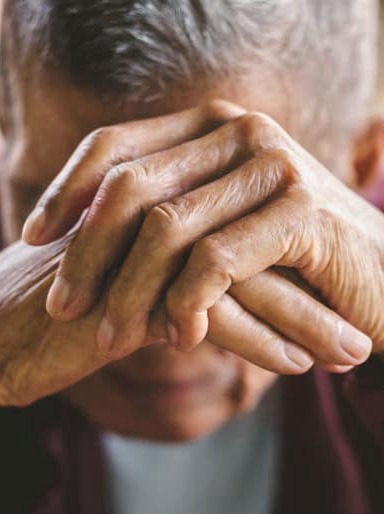
What is Elder Abuse?
Elder abuse can be defined as "a single, or repeated act, or lack of appropriate action, occurring within any relationship where there is an expectation of trust which causes harm or distress to an older person". Elder abuse can take various forms such as financial, physical, verbal or psychological. It can also be the result of intentional or unintentional neglect.
Based on available evidence, WHO estimates that 15.7% of people 60 years and older are subjected to abuse. These prevalence rates are likely to be underestimates as many cases of elder abuse are not reported. Globally the numbers of people affected are predicted to increase as many countries are experiencing rapidly ageing populations.
As older adults become more physically frail, they’re less able to take care of themselves, stand up to bullying, or fight back if attacked. Mental or physical ailments can make them more trying companions for those who live with them. And they may not see or hear as well or think as clearly as they used to, leaving openings for unscrupulous people to take advantage of them.
Elder abuse tends to take place where the senior lives: where their abusers are often adult children, other family members such as grandchildren, or a spouse or partner. Elder abuse can also occur in institutional settings, especially long-term care facilities.
The increased stress and financial hardships as a result of COVID-19 and the lockdowns due to the same has also resulted in loneliness, social isolation and financial difficulties. Not being tech savvy, many seniors also struggle to get their basic needs met. The family carers these elderly depend on are also under tremendous stress and financial strain, often leading to abuse of the elderly.

